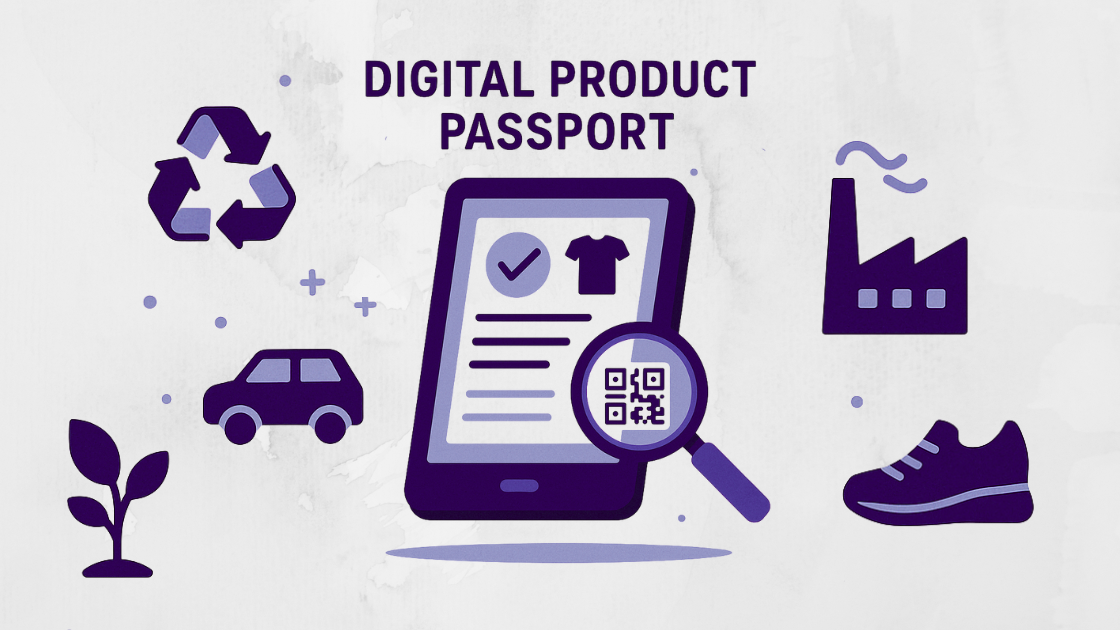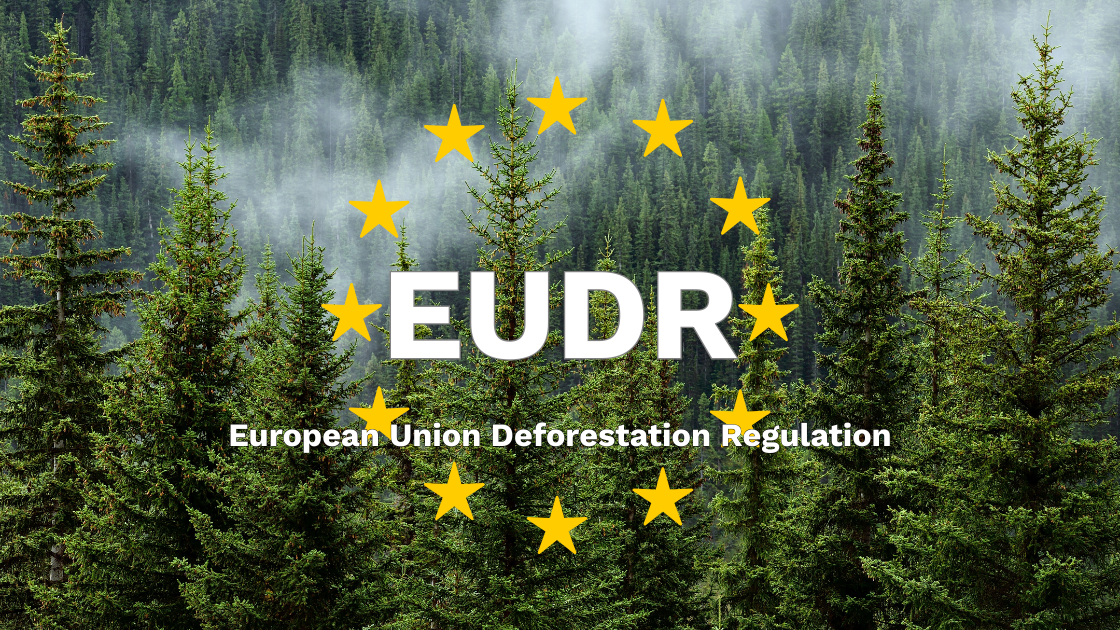5 tips for effective waste management for SMEs
Did you know that only 35% of SME waste is recycled in England?Waste is defined by the United Nations Environment Programme (UNEP) as anything that is discarded, intends to discard or is required to discard by the holder. Waste management refers to the processes and actions required to manage waste from its beginning to its disposal. How does this affect your business?

The importance of waste management is highlighted by the Sustainable Development Goal 12: responsible consumption and production of the United Nations.There are different types of actions to manage and minimise waste of which every action has a different environmental impact. Overall, the following waste hierarchy is commonly used; Prevent, Reuse, Recycle, Recover and Dispose waste.Below are 5 tips for effective waste management.
Prevent & reuse
Waste prevention are actions that limit the amount of waste that is generated, for example not using one-time utensils during your company's lunches. The reuse of waste refers to products or components that are used again for the same purpose, for instance plastic bags and clothing. Waste prevention and the re-use of waste are the most preferred waste management methods because they have the largest positive impact on the environment.Concrete ways you can prevent and re-use your company's waste are to lease your equipment, not use plastic name badges and re-use cell phones, water bottles and other commonly used items.
Distinguish between recyclable and non-recyclable waste
Recycled waste refers to waste that can be broken down and recycled back into usable (input) materials. Examples are glass, aluminium, plastic water bottles, different kinds of paper, computers, keyboards and batteries. Distinguishing between these two types is a basic, but effective way to manage your waste. Steps in the recycling process will run more smoothly when your waste is being sorted. Likewise, the amount of waste going to landfills will be reduced because of it. A practical example to distinguish recyclable from non-recyclable waste is to place good quality bins with clear labels in your office.
Waste audit
Conduct a waste audit. A waste audit is an overview of the different types of waste your company generates, accompanied by the waste actions, by whom it is generated and examples. This shouldn't take too much time and can be completed within a week. Also, make sure you incorporate and educate your staff on this topic.
Go paperless
Reduce printing and encourage a paperless way of working. Digitise physical paper records through document and image scanning. Use refillable ink cartridges and recycled paper. Printer settings should be set to double-sided and draft quality.
Promote waste reduction behavior
The adoption of waste reduction behaviour at work is often low. Understanding how to promote waste management practices amongst employees is therefore important. For instance, making a person or team responsible for promoting engagement increases the level of responsibility and accountability. Also, make sure there are no barriers to waste reduction, such as unclear rules, collection infrequency, limited storage space and lack of bin labelling. Likewise, emphasise that waste management reduces costs. Studies found that cost reduction is a pragmatic driver of waste reduction.
We have developed simple strategies and measures and procedures to reduce your company's waste generation, such as a Waste Reduction Guide and a Waste Reduction Plan. These are available for free after your sign up .
Would you like to know more about waste management? Subscribe now and read the latest news around ESG and sustainability for small and medium size businesses.



